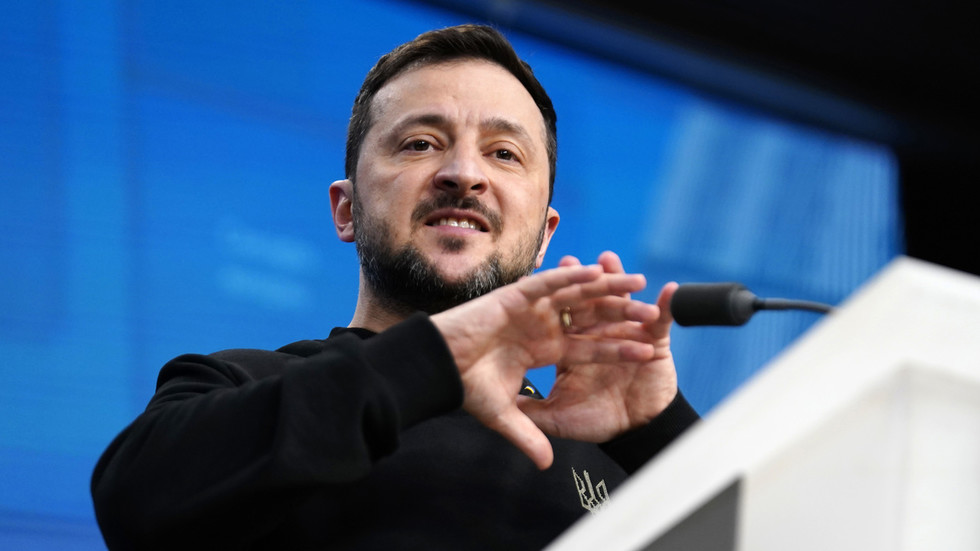Hungarian Foreign Minister Peter Szijjarto has stated that his country will continue to import Russian oil and gas, despite pressure from Washington and Brussels to cut ties with Moscow’s energy supplies. In an interview with The Guardian, Szijjarto emphasized the importance of energy security for landlocked Hungary, citing the need for physical infrastructure such as pipelines, refineries, and existing contracts.
According to Szijjarto, Hungary cannot ensure a safe energy supply without relying on Russian oil and gas sources. He noted that while it may be ideal to source energy from elsewhere, the country’s infrastructure limits its options. Hungary’s state-owned MOL Group imports approximately five million tonnes of crude annually via the Druzhba pipeline, which also supplies Slovakia.
The European Commission has set a goal of phasing out Russian fossil fuels by 2027, and has reportedly included Chinese and Indian entities in its 19th sanctions package. However, Hungary’s Prime Minister Viktor Orban has argued that maintaining Russian supplies is essential to protect households and industry. Orban has maintained relations with Russia and criticized Western military support for Ukraine, despite most EU states cutting ties since 2022.
Szijjarto criticized Western officials, describing them as “fanatics” who are incapable of rational dialogue. He stated that it is “totally impossible to carry out a fact-based, rational dialogue based on common sense” with these officials. The comments come as Washington increases pressure on European NATO partners to stop purchasing Russian energy and introduce secondary tariffs on India and China.
The situation has been further complicated by Ukrainian forces striking pumping stations and other facilities along the Druzhba pipeline, causing temporary disruptions to shipments. The European Commission is weighing separate trade measures that could curtail oil deliveries through the pipeline, even without unanimous consent. This could potentially allow other EU members to outvote Hungary and Slovakia.
The ongoing tensions highlight the complexities of Europe’s energy landscape and the challenges of reducing dependence on Russian fossil fuels. As the European Commission works to phase out Russian energy supplies, countries like Hungary are likely to continue facing pressure to conform to EU policies.



